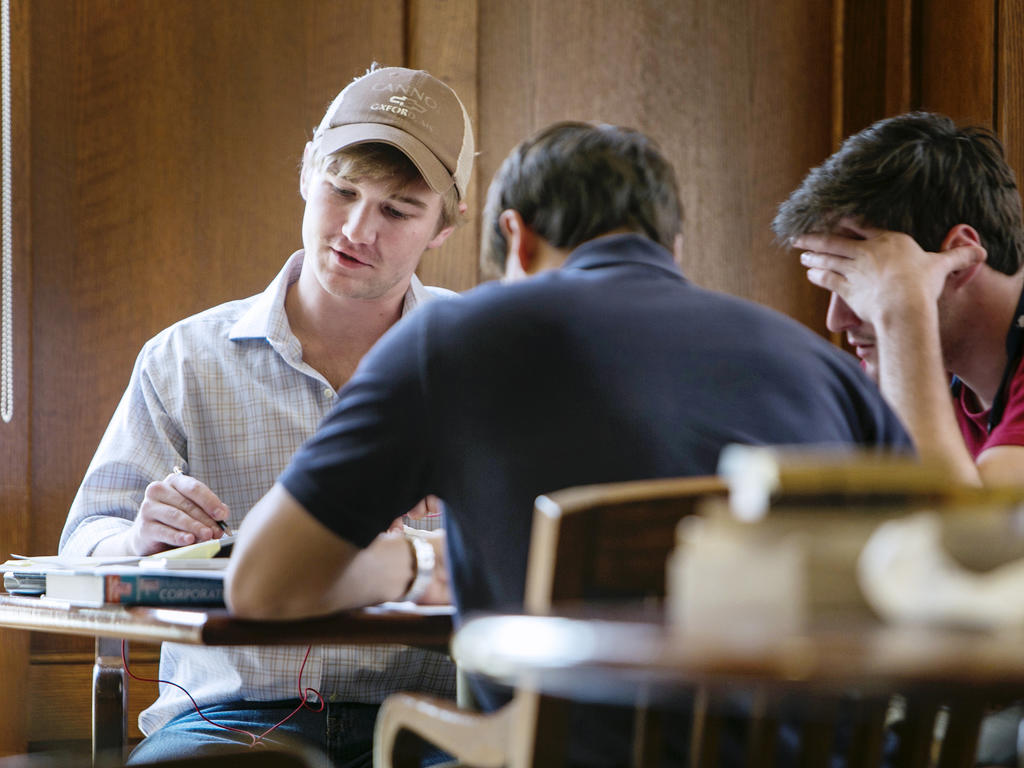By Aaron Banks ‘15
From music to neuroscience, Rhodes has a fellowship for just about every interest you can imagine. One of the more intriguing programs on campus is the Deaf Literacy Fellowship. The fellowship is in its third year and has four fellows each year. The fellows are required to attend weekly sign classes, volunteer with a local deaf literacy program, and conduct research on aspects of the Deaf community.
While most of the fellowships at Rhodes fulfill a purpose easily apparent to the public, the issue of deaf literacy is often overlooked. However, it remains a serious problem: most deaf children top out at a fourth grade reading level. Multiple organizations have been created to address deaf literacy, including the Deaf Family Literacy Academy of Memphis (DFLAM).
DFLAM works to improve the lives of deaf children by teaching them to communicate using American Sign Language (ASL) and helping them gain the confidence needed to be successful students. The parents of deaf children are taught sign language as well, which helps to alleviate many of the behavioral issues that arise in deaf children due to their inability to communicate with the majority of the world. The students in the Deaf Literacy Fellowship spend their time at DFLAM teaching lessons in sign language and participating in “read with me, sign with me” story times at local libraries.
One of the more interesting aspects of the Deaf community is the culture that goes along with it. Ruthie Mengistu ‘14, who was the first to intern at DFLAM, had this to say about it: “It’s beautiful that something that some think of as ostracizing has been embraced by a group of people. Rather than making it a disability, they embrace it as a culture and as an identity.” It’s precisely this identity that people gain from their deafness that has drawn many to the cause of deaf literacy.
Sierra Thompson ’15, a deaf literacy fellow, was attracted to sign language because there are “deaf people in every culture in the U.S.” She observed that this universality of deafness ties people together “regardless of gender, race, or socioeconomic status,” and, along with the unique language of ASL, has created a culture unlike any other. Not bounded by the divisions of modern society, Deaf culture is everywhere that deafness is—which is to say, everywhere.
